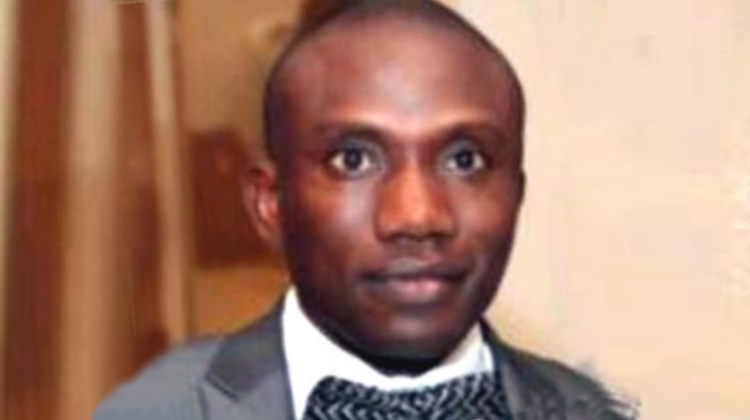THISDAY
I deployed creative threads in imaginary Facebook conversations to drive home my point about how Nigerians tear one another to shreds on the internet in my column, ‘Hate in the Age of Charlatans’ on 31st August 2017. Unfortunately, with such recurring madness, the Nigerian social media landscape has become renowned for unbridled toxicity. In fact, the situation has worsened following the conclusion of the 2023 general election. The current war of words centres around a (purported) conversation between Bishop David Oyedepo, founder of Living Faith Church Worldwide, and Mr Peter Obi, the presidential candidate of the Labour Party in the last election. Incidentally, I was not even aware of the brouhaha until I returned from church Sunday afternoon to receive a WhatsApp message from Valentine Obienyen titled, ‘Obi Versus Oyedepo: Too bad!’
I have known Valentine, Obi’s spokesman, for almost two decades and consider him a friend. In the short (two paragraph) message, Valentine explained what he described as the context to a conversation between his principal and Oyedepo. He also alluded to “our prodigal brother from Nnewi” as the source of the leak. As a regular recipient of messages from Valentine (he writes almost every day), I can easily guess whom he is referring to. Valentine alleged that a committee had been established (he didn’t state by who) to review all calls made by Obi in the last three years for the purpose of charging him for treason. He concluded: “Till now, they are yet to see any. The badly doctored conversation with Bishop Oyedepo released by our Nnewi prodigal brother is the much they have discovered so far. They edited out the Muslim-Muslim ticket that led to the discussion, where Obi said that in a society like ours, religious balancing was a necessary consideration and that their recklessness had made Christians to assume it was a religious war.”
By the time I went online to access the tape, I realized that a ‘civil war’ had already broken out on Twitter. It is the only social media channel where I maintain a semblance of presence, (apart from WhatsApp, the global headquarters of rumour-mongering). I also noticed statements by other actors who distance Obi from the video which they dismissed as “deep fake”. As an aside, I find it amusing that people who only knew Peter Obi yesterday and have no clue about the several battles he and Valentine had fought together were ‘sacking’ his long-time spokesman on their Twitter handle! Besides, the number of people who now issue ‘directives’ on Twitter either in the name of Obi or that of the Labour Party is beyond ridiculous.
Ordinarily, the content and context of the viral audio, even if true, touched on basic rights in a democracy. Adherents and followers of different faiths are first and foremost citizens and are therefore legitimate segments of our electorate. Nothing in the constitution or the electoral law forbids politicians from going to an Imam, Bishop, or Rabi to seek support for their aspirations. The only issue is that appeals for such endorsements must respect the separation between faith and blatant partisanship and not be divisive. That perhaps explains why the controversy around the audio conversation should not be left for spokespersons who in any case are busy contradicting one another. I believe that Obi and Oyedepo may need to address the issue directly to clear all doubts.


